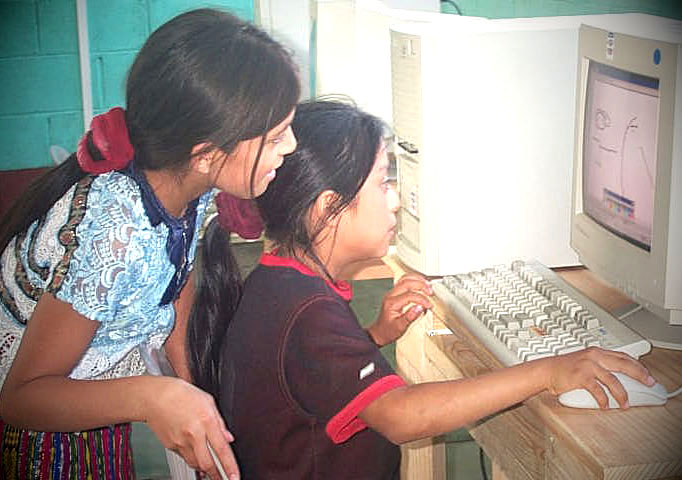The Education Development Center (EDC), a not-for-profit institution established in 1958, leads a partnership of institutions that provide all of the capacities that will be needed to implement dot-EDU with vision and efficiency. EDC has assisted developing countries since 1962 when it implemented the Africa Primary Science and Africa Primary Mathematics projects, and has twice led large consortia in the management of international learning technology projects for USAID's Global Bureau. Our application of technology tools ranges from engagement of individual learners to improvement of entire educational systems.
EDC is a company of practitioners. We know how to do digital technologies as well as how to plan for their use. The EDC organizational site www.edc.org serves as an informational site for the entire organization, and also as a portal to the 100 project sites. EDC manages a collection of nearly 100 websites.
EDC is an experienced and successful manager of large international projects that provide technology services to education in developing countries. EDC implemented the Radio Learning Project and its successor, the Learning Technologies for Basic Education project from 1985-1995, heading a large consortium that, like dot-EDU, included the Academy for Educational Development as a major partner and worked in more than twenty countries. EDC has also worked on major bilateral education projects using technology in a central role: in Papua New Guinea we implemented the Radio Science Project that looked at ways to teach discovery-based science on the radio, demanding a radical methodological departure from the earlier use of radio instruction in mathematics and language. EDC has continued this path of breaking the mold in its international work: in Bolivia, Costa Rica, Guinea, Nigeria and Haiti, for example, we developed a strategy that integrates technology into mainstream classroom instruction and teacher training strategies, and in Zambia, Ethiopia and Honduras EDC is are using technology in a central role to deliver instruction in community learning centers where there are no trained teachers or classrooms. Yet another blend and strategy for technology is being used in Nepal for in-service teacher training.
EDC is recognized as national leader in both innovation and practice, applying digital technologies to teacher training, the professional development of educational leaders, the design of new curriculum content, classroom learning, community learning centers, and evaluating the work of others also working in this field.
Go to other EDC Centers:
Education, Employment, and Community Programs, EEC
Center for Online Professional Education, COPE
Center for Children & Technology, CCT

